MASTERCLASS:
Video for Healthcare
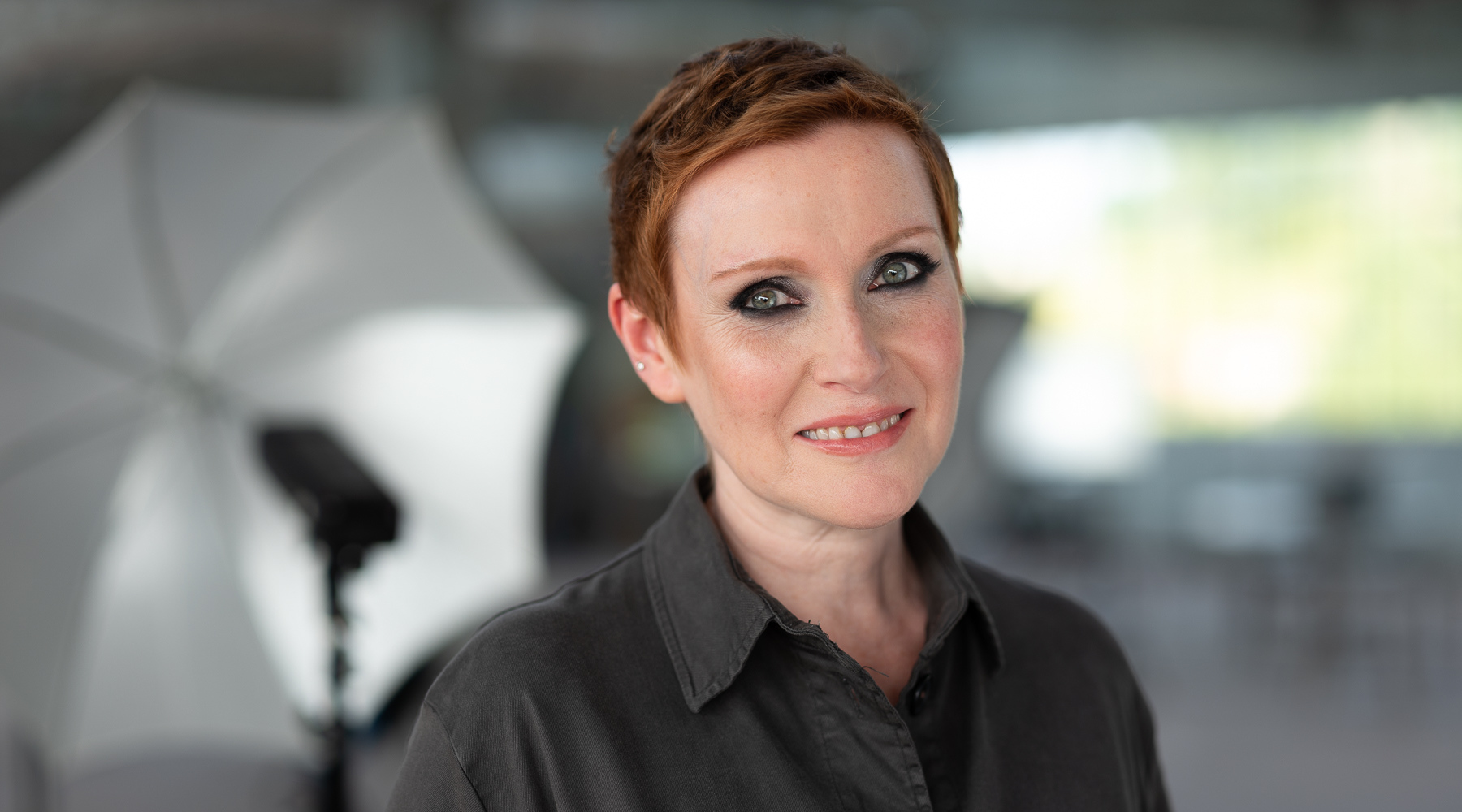
How to upgrade your video skills
and communicate better with patients
This one day Video for Healthcare Masterclass
will dramatically improve your video understanding, capability and output,
correct a legacy of underfunding in NHS communications,
and unlock the full potential of
your communications staff and your existing digital resources
You spoke, we listened:
100% of patients polled said better video content would have eased their treatment experience and helped build better trust with their clinicians
90% of NHS Foundation Trusts polled said upgrading their video skills was overdue
and they urgently needed training
50% of NHS Foundation Trusts polled said they have been actively looking
for video training courses.
There's no doubt video is important.
It can...
o streamline and optimise staff time
o reach more patients and ease their healthcare experience
o build greater trust between patients and clinicians
o help meet your targets for digital growth, inclusion, accessibility, productivity and efficiency
o save the NHS time and money.
If your video content isn't doing ALL of these things, it can.
We'll show you how.
Video has changed.
Have you?
Video used to be a novelty, primarily for entertainment.
Something you did if you ‘had an idea’.
You’ve made the ‘Day in the life of..’ stuff.
And who doesn’t love a video of staff in Santa hats?
BUT
The pandemic changed video forever.
Now, video is our primary communications tool.
Video is first
Pre-pandemic,
when we saw a page or post with text and video,
we preferred to read the text.
Post-pandemic,
having used video as our lifeline in a locked down world,
we have accepted video as a normal part of our everyday lives.
This means (and research shows)
given the choice between text and video, we now choose the video first.
This means people expect lots more video. From you.
Whenever you have something to say,
video needs to be the first comms tool you use.
Video is best
Viewers understand and retain significantly more information
from a video than they do from text.
This is because
o we tend to skim read text, yet we watch videos at the speed they are delivered
o visual content is processed much more efficiently by the brain than text.
Think of it this way:
To communicate with patients, which is better,
a person or a pamphlet?
Being able to see and hear a person on a video
means the patient will understand more of what is said,
and retain far more of it.
This is a big win for you and for them.
And, as if that’s not enough,
if views, likes and engagement are your thing,
video is far more likely to be shared than text.
But content ideas are minefield
Coming up with content that actually engages your audience is hard.
Finding staff to appear in videos feels like a tough ask when everyone is so busy.
And spending all that time and effort to only get a few views is frustrating.
Yet you know you can't ignore video.
You suspect video can do more.
And you're right.
It can. Much more.
Video is
the single greatest value for money tool
the NHS has
Video can (and should) be used
o as an integral part of healthcare
o to better prepare patients for appointments
o to better explain treatment
o to optimise staff time
o to quickly respond to all breaking news and hospital alerts
o to better meet digital, comms, inclusion and accessibility targets
o to communicate with all your audiences;
patients, staff, the local community, volunteers, stakeholders and partner organizations.
Across all your comms needs,
video is by far the most powerful tool you have.
But only if you use it to the full.
Next-level video skills
To fully use video,
you need to radically change the way you approach video content.
For factual video to truly work, it needs to be filmed in a specific way.
That filming needs to be accurate, fast, efficient and cheap,
so you can make lots of it.
It needs to meet your comms guidelines.
And it needs to land with its target audience every single time.
All this needs confidence, and the next-level skill set.
So how do you get that from your team?
Take their existing video skill set and rocket it to the next level.
At last, genuine
professional development
for video staff in healthcare
“Using our combined 50+ years of filmmaking experience, we have carefully crafted this Masterclass for healthcare comms professionals, laser-focused on exactly what you need to convert your video making skills into a communications powerhouse."
On our 1 day Masterclass, you will learn:
o How to harness the power of video as a communications tool
o How to transition to a video-first strategy
o Exactly what video content will dramatically improve
the patient / clinician relationship.
~
Module 1
R.A.R.A. and how it affects video
Module 2
How patients view video
Module 3
Constructing content
Module 4
Production plans that actually work
Module 5
How to direct
Module 6
Efficient filmmaking
~
In just one day you will master
this extraordinary communications tool
that you can't ignore
and you must get right.
And we're CPD accredited too.
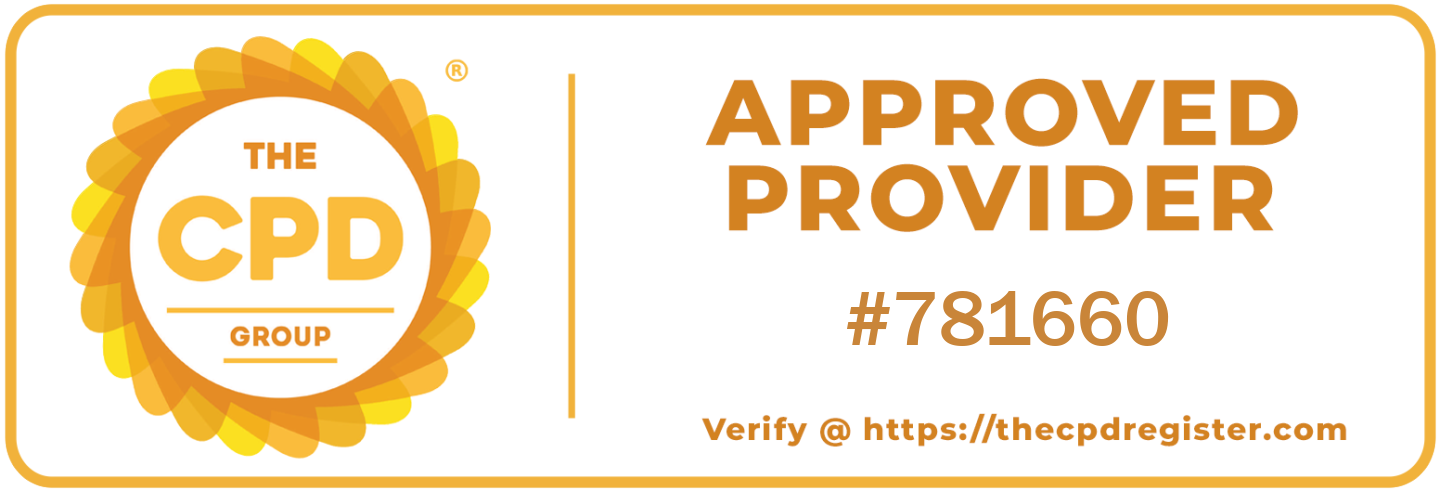
You will be taught by
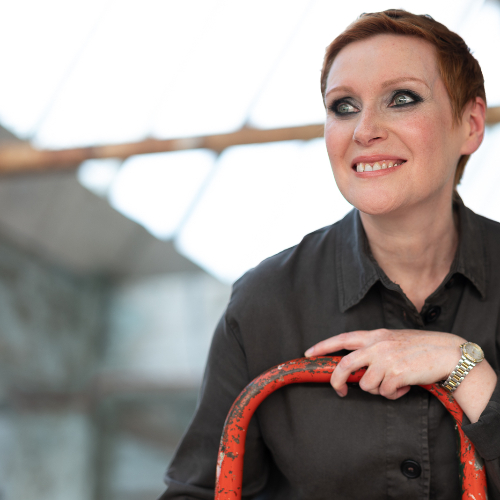
Suzanne Vennard
WHAT to film
Suzanne is a
video producer / director.
Her work has been viewed
millions of times
on social media.
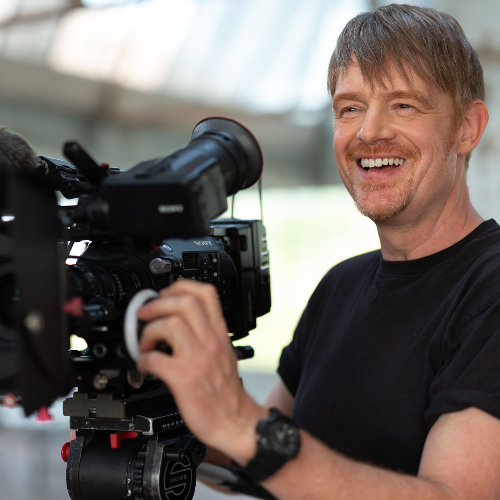
Andrew Clark
HOW to film EFFICIENTLY
Andrew is a
camera op / editor.
His work has been viewed
millions of times
on television news.
Got questions? Want to get to know us a bit better?
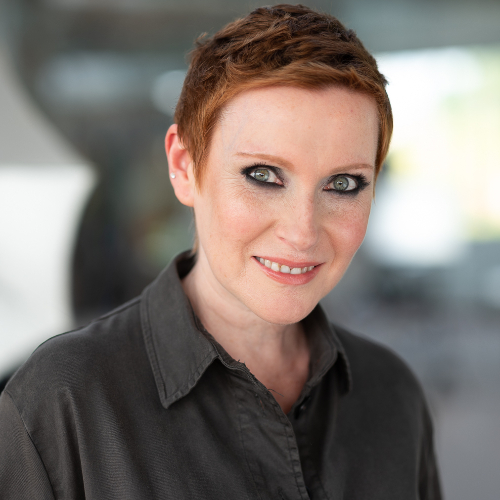
A message (and a gift) from Suzanne...
"In April 2022 I was diagnosed with Stage II cancer.
Over 18 months, I had surgeries, chemo (that's why my hair is so short in the pics!), radio, immunotherapy and hormone therapy.
The NHS cured me.
As a veteran video producer, I teach the highest CPD-rated video training in the UK.
Following my 'all clear', I created this new course, exclusively for the healthcare sector.
Because as both a video expert and an NHS patient,
I uniquely understand the huge potential video has
to simply make the NHS better.
I can help you achieve that.
And as a heartfelt thank you, my gift to you..."
£500 discount for NHS staff
Private healthcare organisations:
£1295 +vat per person*
NHS Employees:
£1295 minus £500 discount =
£795 +vat per person
Please note attendee numbers are strictly limited.
And priority is always given to NHS applicants.
We will be running courses in

Bristol

Leeds

London
The Masterclass booking Terms & Conditions
Book your seat
to ensure your organisation gets
the best video for healthcare training in the UK
How to upgrade
your video skills
and communicate better
with patients
This one day Video for Healthcare Masterclass
will dramatically improve your video understanding, capability and output,
correct a legacy of underfunding in NHS communications,
and unlock the full potential of
your communications staff and your existing digital resources
YOU SPOKE,
WE LISTENED:
100% of patients polled said better video content would have eased their treatment experience and helped build better trust with their clinicians
90% of NHS Foundation Trusts polled said upgrading their video skills was overdue and they urgently needed training
50% of NHS Foundation Trusts polled said they have been actively looking for video training courses.
There's no doubt
video is important.
It can...
o streamline and optimise staff time
o reach more patients and
ease their healthcare experience
o build greater trust
between patients and clinicians
o help meet your targets for
digital growth, inclusion, accessibility,
productivity and efficiency
o save the NHS time and money.
If your video content isn't doing
ALL of these things, it can.
We'll show you how.
Video has changed.
Have you?
Video used to be a novelty,
primarily for entertainment.
Something you did if you ‘had an idea’.
You’ve made the
‘Day in the life of..’ stuff.
And who doesn’t love a video of
staff in Santa hats?
BUT
The pandemic changed video forever.
Now, video is our
primary communications tool.
Video is first
Pre-pandemic, when we saw a page or post with text and video, we preferred to read the text.
Post-pandemic, having used video as our lifeline in a locked down world, we have accepted video as a normal part of our everyday lives.
This means (and research shows) given the choice between text and video, we now choose the video first.
This means people expect
lots more video. From you.
Whenever you have something to say,
video needs to be the first comms tool you use.
Video is best
Viewers understand and retain significantly more information from a video than they do from text.
This is because
o we tend to skim read text,
yet we watch videos at the speed they are delivered
o visual content is processed much more efficiently by the brain than text.
Think of it this way:
To communicate with patients,
which is better,
a person or a pamphlet?
Being able to see and hear a person on a video means the patient will understand more of what is said, and retain far more of it.
This is a big win for you and for them.
And, as if that’s not enough,
if views, likes and engagement
are your thing,
video is far more likely
to be shared than text.
But content ideas are minefield
Coming up with content that actually engages your audience is hard.
Finding staff to appear in videos feels like a tough ask when everyone is so busy.
And spending all that time and effort to only get a few views is frustrating.
Yet you know you can't ignore video.
You suspect video can do more.
And you're right.
It can. Much more.
Video is the single greatest
value for money tool
the NHS has
Video can (and should) be used
o as an integral part of healthcare
o to better prepare patients for appointments
o to better explain treatment
o to optimise staff time
o to quickly respond to all breaking news and hospital alerts
o to better meet digital, comms, inclusion and accessibility targets
o to communicate with all your audiences; patients, staff, the local community, volunteers, stakeholders and partner organizations.
Across all your comms needs,
video is by far the most powerful tool you have.
But only if you use it to the full.
Next-level video skills
To fully use video,
you need to radically change the way you approach video content.
For factual video to truly work, it needs to be filmed in a specific way.
That filming needs to be
accurate, fast, efficient and cheap,
so you can make lots of it.
It needs to meet your comms guidelines.
And it needs to land with its target audience every single time.
All this needs confidence,
and the next-level skill set.
So how do you get that from your team?
Take their existing video skill set and rocket it to the next level.
At last, genuine
professional development
for video staff in healthcare
“Using our combined 50+ years of filmmaking experience, we have carefully crafted this Masterclass for healthcare comms professionals, laser-focused on exactly what you need to convert your video making skills into a communications powerhouse."
On our 1 day Masterclass,
you will learn:
o How to harness the power of
video as a communications tool
o How to transition to a
video-first strategy
o Exactly what video content will
dramatically improve
the patient / clinician relationship.
~
Module 1
R.A.R.A. and how it affects video
Module 2
How patients view video
Module 3
Constructing content
Module 4
Production plans that actually work
Module 5
How to direct
Module 6
Efficient filmmaking
~
In just one day
you will master this
extraordinary communications tool
that you can't ignore
and you must get right.
And we're CPD accredited too.

You will be taught by

Suzanne Vennard
WHAT to film
Suzanne is a
video producer / director.
Her work has been viewed
millions of times
on social media.

Andrew Clark
HOW to film EFFICIENTLY
Andrew is a
camera op / editor.
His work has been viewed
millions of times
on television news.
Got questions?
Want to get to know us a bit better?

A message (and a gift)
from Suzanne...
"In April 2022 I was diagnosed with Stage II cancer.
Over 18 months, I had surgeries, chemo (that's why my hair is so short in the pics!), radio, immunotherapy and hormone therapy.
The NHS cured me.
As a veteran video producer, I teach the highest CPD-rated video training in the UK.
Following my 'all clear', I created this new course, exclusively for the healthcare sector.
Because as both a video expert and an NHS patient,
I uniquely understand the huge potential video has
to simply make the NHS better.
I can help you achieve that.
And as a heartfelt thank you,
my gift to you..."
£500 discount
for NHS staff
Private healthcare organisations:
£1295 +vat per person*
NHS Employees:
£1295 minus £500 discount =
£795 +vat per person
Please note attendee numbers
are strictly limited.
And priority is always given
to NHS applicants.
We will be running courses in

Bristol

Leeds

London
The Masterclass booking
Terms & Conditions
